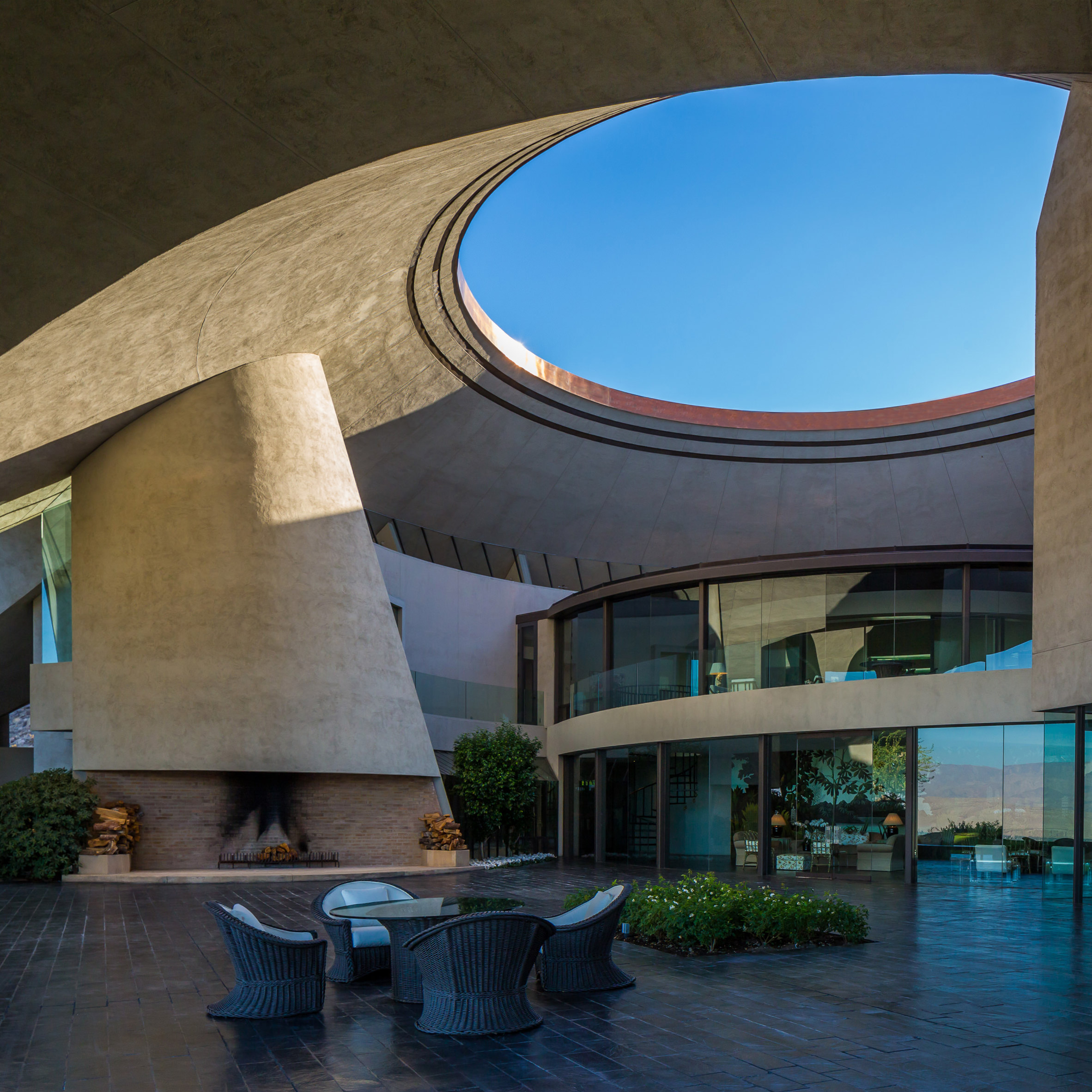When you find a tap room that you keep going back to, it probably isn’t solely due to the great craft beer. It might have something to do with Palm Springs architects. Test that theory, the next time you visit that tap room notice the design features, because those attributes are probably what gives that tap room its character that is appealing.
Architects I met with for this article, all specializing in brewery designs, tell me there are many design factors that make for an environment that contributes to an overall sense of comfort and appeal. The short list of factors architects considers in their design recommendations include: utilization of colors; acoustics; aroma’s; music; furniture; and ease of movement within the space. “The trick is putting the right combinations together that address the demographics of the community and customers who will visit the space”, says David Madsen, a Reno brewery architect.
If done properly, the brewery ‘s architectural design is part of the brewery brand. Many in the craft beer movement are giving consideration to coming changes to the industry post COVID; no doubt changes are already being anticipated and planned.
“Our clients affirm that the craft beer industry is inherently social, and, as such, craft beer relies upon community-oriented gathering spaces to bring people together, says Rebecca Spears, Partner in RB+B Architects in Ft. Collins, CO.
Simply stated, architectural design in a tap room must maximize opportunities to create visits and product trials, and visually promoting a total brand image. Therefore, breweries are always reviewing their target market and trying to anticipate changes in consumer preferences. Customers dictate branding and architectural design showcases brand. A tap room’s ‘feel’ is the ultimate opinion of a brand, it can be more powerful than a can on a very crowded shelf. From a consumer’s perspective they may be asking: What is this brewery doing for me for my visit?
The Post Pandemic period, of which there is no agreement when it might end, will probably bring changes to the way consumers view their brewery experiences. These facilities are getting to be beyond a DIY project, where they utilize a raw industrial ambiance with picnic bench tables. From interviews with breweries and architects specializing in the craft beer industry, the most noticeable evolution are breweries upgrading production facilities and thinking more about public space designs that showcase an experiential and destination orientation.
Consumers need to recognize that breweries cannot build just any tap room they like, far too many factors come into play to allow for that: construction codes; zoning; health board requirements; taxes; environmental considerations; etc. In addition, the smart question that must be answered up front is: What is the customer desiring now and what will be coming? Changes will happen, if nothing else, from competition and local laws.
“Over the past decade we have been involved in over 170 brewery projects and continue to do work for them. They recognize changes due to the maturing of the craft beer industry and need to improve their brand. These changes are being adopted by breweries and are not going unnoticed by consumers”, says T. Dustin Hauck-President of Hauck Architecture. “We have built a company focused on the craft beverage and hospitality industry. In the past few years, we have noticed a significant increased interest in clients evaluating their image. Upgrading a brewery’s architecture and tap room experience is a significant statement to a community and their brand”.

More Stories
Job Opportunities in Luxembourg: A Gateway to International Careers
What Types of Injuries Do Queens No-Fault Doctors Treat Most Often?
Difference Between Workers’ Comp Doctors and Regular Physicians in Rego Park